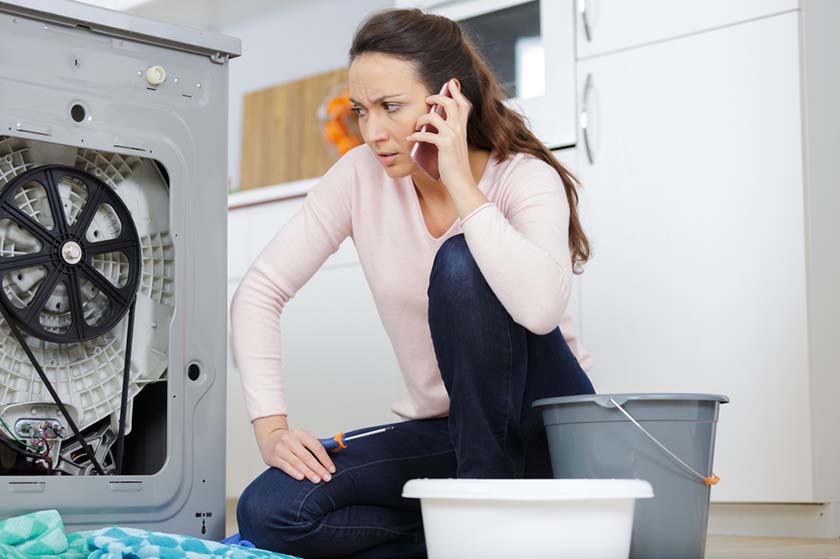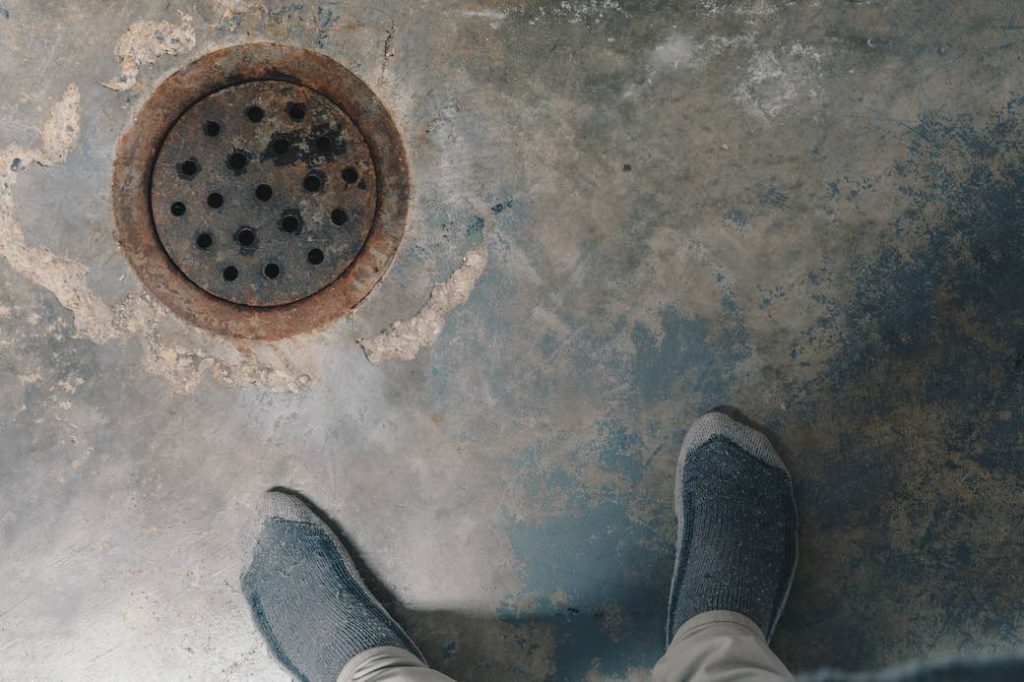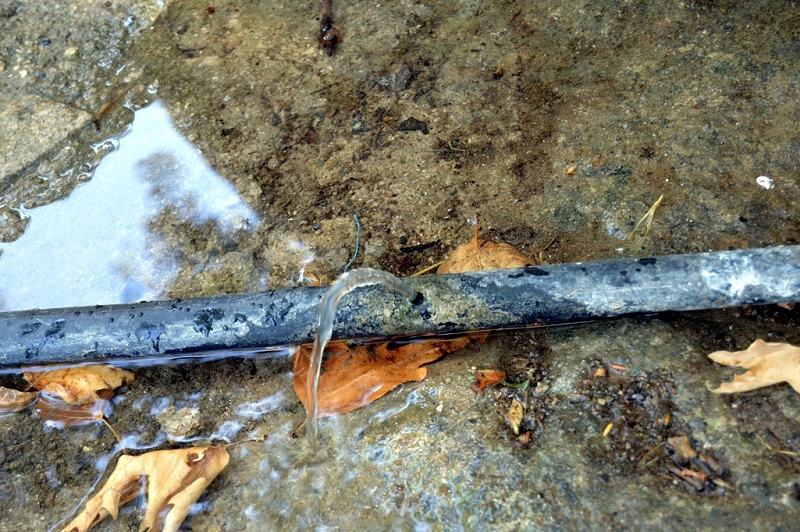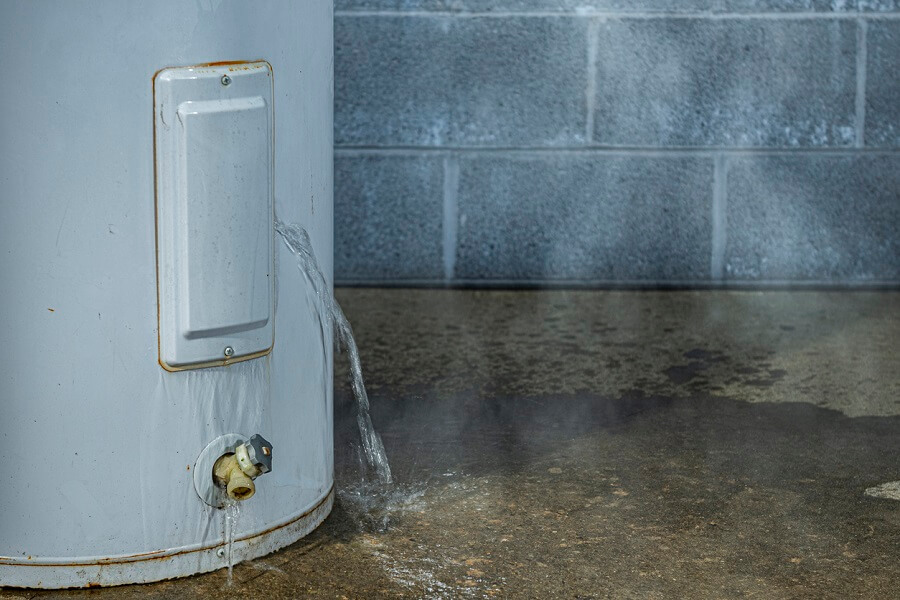Few homeowner nightmares are as stressful and destructive as discovering basement flooding in Etobicoke. Whether it’s a slow leak, a burst pipe, or a deluge from heavy rainfall overwhelming your drainage system, water in your basement can cause extensive property damage, foster mold growth, and compromise the structural integrity of your home. When water starts to rise, every minute counts. Knowing the immediate steps to take, who to call, and how to prevent future incidents can significantly reduce the damage and the stress.
Immediate Steps When You Discover Basement Flooding
The moment you find water in your basement, swift action is crucial.
- Prioritize Safety:
- Shut off the power: If it’s safe to do so, turn off the electricity to the affected area from your main breaker panel. Do NOT wade into standing water if the power is still on, as there’s a risk of electrocution.
- Identify the Water Source: If it’s a burst pipe or overflowing appliance, try to shut off the main water supply to your home.
- Stop the Water (If Possible): If the source is clear (e.g., a burst pipe), turn off the water. For external sources like heavy rain, consider temporary measures like sandbags if possible, but often professional intervention is needed quickly.
- Document the Damage: Before you move anything or start cleanup, take clear photos and videos of everything. This visual evidence will be vital for your insurance claim.
- Remove Valuables and Salvageable Items: If safe, move furniture, electronics, and personal belongings out of the water and to a dry area. The faster you remove items, the higher the chance of saving them from irreparable water damage and mould.

Who to Call: Your Emergency Plumbing Experts
Once initial safety measures are taken and you’ve documented the scene, the next critical step is to call professionals. For basement flooding in Etobicoke, a licensed and experienced plumbing service is your first line of defence. They can help identify the source, stop the flow, and begin the mitigation process. You can learn more about our comprehensive services here.
How much does it cost to fix a flooded basement in Etobicoke?
The cost to fix a flooded basement in Etobicoke can vary dramatically, ranging from a few thousand dollars to tens of thousands, depending on several key factors:
- Extent and Type of Damage: A small leak impacting a single area (e.g., $1,500 – $3,500) is far less costly than a fully flooded basement requiring extensive cleanup and restoration, which can range from $5,000 to $25,000 or more.
- Water Category:
- Category 1 (Clean Water): From a burst supply pipe or overflowing sink. Less costly to clean.
- Category 2 (Grey Water): From washing machines, dishwashers, or groundwater seepage. Contains contaminants.
- Category 3 (Black Water): Sewage backup or outdoor floodwaters. Highly contaminated and requires extensive sanitation, making it the most expensive to remediate.
- Duration of Standing Water: The longer water sits, the more damage it causes to porous materials (drywall, carpet, wood), increasing replacement costs and the risk of mould.
- Mould Remediation: If mould develops, professional mould removal can add significantly to the cost, potentially tens of thousands of dollars, depending on the severity.
- Structural Damage: If the foundation or structural elements are compromised, repairs will be substantial.
- Preventative Measures: Installation of new sump pumps or backwater valves (often $1,000-$3,500) might be necessary to prevent future flooding, adding to the overall expense.

Can I claim basement flooding on my home insurance in Ontario?
Navigating insurance claims for basement flooding in Etobicoke can be complex, as standard home insurance policies in Ontario often have specific exclusions.
- What’s Typically Covered: Most standard policies cover “sudden and accidental” water damage from sources within your home, such as a burst pipe, overflowing appliance (washing machine, dishwasher, hot water heater), or a malfunctioning toilet.
- Be aware of your requirements, for example your insurance company may not provide coverage for leaking hot water heaters that are over 15 years, or for burst washing machine hoses that are made from rubber and are over 5 years old.
- What’s Often Excluded (Requires Endorsement):
- Overland Flood: Water entering your home from overflowing rivers, lakes, heavy rainfall, or surface water pooling. This requires a separate overland flood insurance endorsement.
- Sewer Backup: Water backing up from municipal sewer lines, septic tanks, or drains. This is a very common cause of basement flooding in Etobicoke and typically requires a specific sewer backup endorsement on your policy. This is highly recommended coverage given the risks.
- Groundwater Seepage: Slow, gradual seepage of water through foundation cracks. This is generally considered a maintenance issue and is usually not covered.
- Neglect and Maintenance: If the flooding is a direct result of your failure to maintain your property (e.g., clogged gutters, unaddressed foundation cracks, or a known faulty sump pump without proper coverage), your claim might be denied or reduced.
- Action Post-Flood: It’s crucial to report the flood to your insurer immediately and take reasonable steps to mitigate further damage (e.g., water removal, drying out) to ensure your claim isn’t reduced.
Always review your specific policy with your insurance provider to understand your coverage limits and exclusions for water damage and flood events.
What are the signs my sump pump is about to fail?
Your sump pump is a critical defence against basement flooding in Etobicoke, especially during heavy rains or snowmelt. Being aware of its potential failure signs can help you prevent a disaster:
- Strange Noises: Grinding, rattling, loud humming, or banging sounds often indicate issues with the impeller, motor, or other internal components.
- Constant Running (Short Cycling): If your sump pump turns on and off frequently, or runs continuously even when there’s no water, the float switch might be stuck or faulty, or the pump could be undersized for your pit.
- Failure to Turn On: If water is collecting in the pit but the pump isn’t activating, check for a tripped circuit breaker, an unplugged unit, or a jammed float switch. If these aren’t the cause, the motor may have failed.
- Infrequent Usage: Ironically, a sump pump that rarely runs can seize up due to lack of use. Regular testing is vital.
- Visible Rust or Corrosion: Rust on the pump or in the pit can indicate water exposure where it shouldn’t be, or even bacterial iron in the water.
- Old Age: Sump pumps generally have a lifespan of about 7-10 years. If yours is older, consider proactive replacement.
- Visible Water (Despite Running): If your sump pump appears to be running but water isn’t being efficiently removed, there might be a clog in the discharge line, or the pump is overwhelmed.

How can I protect my home from sewer backups?
Sewer backups are a particularly unpleasant and hazardous form of basement flooding in Etobicoke. Fortunately, there are effective preventative measures:
- Install a Backwater Valve: This is one of the most effective ways to protect your home. A backwater valve is installed on your sewer line and automatically closes if sewage backs up from the main sewer, preventing it from entering your home. Many municipalities, including Toronto, offer subsidy programs for backwater valve installation. Learn more about their importance here.
- Proper Waste Disposal: Avoid pouring fats, oils, and grease down drains, as they solidify and cause clogs. Never flush items like “flushable” wipes, paper towels, feminine hygiene products, or diapers, as these are major culprits for sewer blockages.
- Regular Drain Maintenance: Professional drain cleaning can prevent clogs from building up in your pipes. Regular maintenance is key to keeping your drainage system free-flowing.
- Manage Tree Roots: Tree roots can infiltrate and block sewer lines. Regular professional inspection and root removal can prevent this common issue.
- Disconnect Downspouts: Ensure your downspouts discharge rainwater away from your foundation and ideally not into the municipal sanitary sewer system.
- Maintain Proper Lot Grading: Ensure the ground around your home slopes away from the foundation, directing surface water away from your basement walls.
Contact D. Jason Plumbing Today
Basement flooding in Etobicoke is a serious issue that demands immediate and informed action. By understanding the causes, knowing the vital steps to take during a flood, and implementing preventative measures, you can significantly mitigate the risk and damage. And when disaster strikes, remember that the swift, professional response of experienced plumbers is invaluable.
For immediate assistance or to discuss preventative measures for your home, contact us today.
